Collaboration is when an effective team harnesses the best out of individuals working together and appears to be disarmingly simple:
“to work with another person or group in order to achieve or do something”
But everyone in the team comes with their own personality, their culture and way of doing things and their own competitiveness, their fears, their concerns and their needs. For successful and fruitful collaboration, the leader needs to help the team be actively engaged in what they are doing, and that they trust one another by setting the groundwork to build a solid foundation and then maintaining it rigorously.
Many thousands of leaders have failed to create team unity, trust and engagement through team building courses and enforced jollity of casual Friday or a virtual happy hour. But the buzz from that ropes course wears thin after a few days when your brain recognises that what it wants and needs is still missing.
How do we fix that? Well, before we get to that let’s check in on what your brain really wants and needs:
What Your Brain Wants and Needs:
Fortunately, we know that every human being shares a fundamental need for three things in life:
The need to feel safe
The need to belong to a group or tribe, and
The need to believe that they and what they do, matters
Getting a team to be actively engaged, to trust each other and collaborate takes plenty of leadership time and effort - so why would you destroy it before it has a chance?
Purpose
In this guide we’ll understand how to build and maintain the critical foundation's of Safety, Belonging and Mattering by Listening Deeply so that the team can trust each other and, with clarity of their own purpose and direction, be actively engaged and collaborate to achieve the desired results.
Process
We'll look Pat Lencioni's famous work on the five dysfunctions of a team and see how further research shows that Safety, Belonging and Mattering are crucial to your brain and thus to your ability to trust and collaborate. We'll then look at how listening deeply is the ONE missing ingredient that all leaders can do and use to help build the foundations and hence, ultimately, get the results they desire.
Payoff
When you start to listen deeply you will begin to dismantle any climate of fear or the lack of safety felt in too many organisations. Team members will learn that they can speak up and help the leader build and maintain the edifying climate to guide themselves and other team members towards effective trust and collaboration.
TL;DR
Google's "Project Aristotle" sought to determine the key factors of effective teams and found that Psychological Safety is the #1 factor for team effectiveness, followed by Dependability and Meaning/Impact. Listening deeply and asking questions is essential for creating a culture of safety, belonging and mattering in the workplace and preventing disasters resulting from a lack of open, candid communication. Doing this can help create trust, collaboration and joy at work.
What is Collaboration?
Collaboration is when an effective team harnesses the best out of individuals working together and appears to be disarmingly simple:
“to work with another person or group in order to achieve or do something”
But everyone in the team comes with their own personality, their culture and way of doing things and their own competitiveness, their fears, their concerns and their needs. For successful and fruitful collaboration, the leader needs to help the team be actively engaged in what they are doing, and that they trust one another by setting the groundwork to build a solid foundation and then maintaining it rigorously.
Many thousands of leaders have failed to create team unity, trust and engagement through team building courses and enforced jollity of casual Friday or a virtual happy hour. But the buzz from that ropes course wears thin after a few days when your brain recognises that what it wants and needs is still missing.
What Happens When Trust is Absent?
Patrick Lencioni’s Leadership Fable about the Five Dysfunctions of a Team should be on every leader's “read it" list. In it, Pat shares how an “absence of trust” feeds a “fear of conflict” (the antithesis of collaboration), which often leads to a “lack of commitment” (aka no engagement) and then “avoidance of responsibility”. Ultimately meaning that there is an “absence of results”.
The Five Dysfunctions is brilliant and true. And it’s also what is more visible. If Trust is so critically important to a team functioning and hence collaborating effectively, I was more interested in why there was an absence of trust in the first place?
My research pointed to the less visible foundations of trust and collaboration - those of meeting the brains three fundamental cravings: Safety, Belonging, and Mattering. Without these in place, there is no trust, without trust, there are no results! And who is actively engaged if they don’t believe that they belong and matter?
In our Team Leadership AdvantEdge Model, Collaboration and Trust are central to the success and effectiveness of the team - made manifest as “Team Unity of Cohesion and Effort”. (It's the “How to…” for the Five Dysfunctions). Our research into successful teams and organisations over the past four decades shows that this is true only when Purpose and Values, Talent and Potential, Command Intent and Influential Communications are all aligned to achieve that success.
But all of these are moot if the foundation isn’t properly built and maintained. And that foundation is the sense of Safety, Belonging and Mattering.
Your job as a leader is to make sure that everyone (including yourself) feels safe, that they belong to the team and that who they are and what they do, matters.
Let me briefly explain that our brains have two key parts as far as we are concerned as this will help us understand what is going on.
- Inner-Child and Smart Brain
What some mistakenly call our reptile or more primitive brain - the part that is concerned with the lower essential functions of our survival - what Christine Comaford, aptly calls the Critter brain, I refer to as the Inner-Child brain.
And we have our adult thinking brain, or the executive brain, the Neocortex complete with the Pre-Frontal Cortex (PFC) which is not fully developed before age 23-25. Our Smart Brain if you will.
Your brain (and the brains of your team members) have one single primary concern: to keep you in the “not dead” state. That is its first and foremost function. It really doesn't matter how high your potential, or talented you are when you are in the "dead" state.
When the world around us becomes even a little uncertain, your brain is marvellously designed to allow your “Inner-Child Brain" to take charge of survival (a task to which it is well-suited). In a time of crisis, the “Inner-Child Brain" rules the day until you deliberately choose to intervene using your Smart Brain.
On any normal day your “Inner-Child Brain" is assessing the environment asking three questions:
1. Am I safe?
2. Do I belong? and
3. Do I matter?
This isn't a once in a while process, it is every minute of every single day. "Am I safe?" is simply checking your surroundings for threats. An "all is well" response allows your brain to relax for a brief moment and if this extends for some time, you will physically relax and your brain waves will slow down.
When "Am I safe?" gets the answer: "No" then the amygdalae are brought swiftly into the action, the stress hormone norepinephrine triggers your body to produce adrenaline ready for "freeze, flight or fight".
If the threat is not judged to be imminent, the "Do I belong?" question may get out to check on the whereabouts of fellow tribe members. After all, who wants to face a ravenous wolf alone?
If there is a wolf, the "Do I matter?" question probably doesn't even get a cursory glance.
Every Leader needs a sign on the wall that reads “Safety First”. Because without it, nothing else will really matter.
Surely, you’re exaggerating, John? Not at all. It’s most evident in a time of crisis:
A crisis is, by definition, a time of intense difficulty or danger. Even if you experience it only through a social media feed or a news bulletin.
Our safety is being threatened in a crisis. And in times of difficulty or danger, we're usually better off with our tribe on our side. At least then we might stand a chance of survival, let alone emerging triumphant and ready for the post-crisis world.
A great leader knows this, listens to the concerns of the team, and pulls and energises the team together towards a clear and tangible intended goal.
Even when there is no immediate crisis, Safety is the single, most important factor in determining team performance success. As Google discovered in their Project Aristotle.
Psychological Safety is the #1 factor in determining a team’s effectiveness!
Google’s “Project Aristotle” sought to find the secrets of effective teams and the surprising finding was that Psychological Safety was, by far, the most important factor that determined whether a team would be effective or not. Dependability (belonging) was #2 and Meaning and Impact (mattering) 4th and 5th respectively. Structure and Clarity was found to be the 3rd factor and that's something we discuss in our Command Intent Guide.
Safety is a big deal; it’s why we seek committed relationships or high-paying jobs. That’s also why it’s devastating when spouses leave and jobs are eliminated.
Billy Graham
Amy Edmondson’s research on Psychological Safety bears this out. As did Edgar Schein’s research all those years ago in the 1960’s! And Dale Carnegie wrote THE book with the answer 100 years ago!
That is. We’ve known for many decades that psychological safety is a critical foundation for team effectiveness, trust and collaboration and yet… Well I have a little news for you. It might be a bit of a shock.
Unless you are LISTENING DEEPLY to your team members. They are not feeling safe, that they belong nor that they matter. It’s possible they have enough chutzpah and self-love to deal with it and still deliver, but you’re not getting as much from them as you could be.
I’ve gotten ahead of myself so let me backtrack:
Think about a leader you personally admire
Preferably someone who has been a leader in your life, but if that’s not possible, how about someone you know well enough, even if they’re in the grave.
Remember how they made you feel safe. How they made you understand that you were a valuable part of the team. Remember how they made you believe that you truly mattered.
How did they do that?
Here’s my guess after posing this question to thousands of clients and participants: They asked you questions and they listened to you as if you were the most important person** in the room.**
Do you do that for others?
Do you ask questions and listen to them as if they were the most important person in the room?
What about your customers or users? Do you listen to them deeply? Do they feel safe, that they belong (loyal to your brand) and that they matter (their opinions, desires, wants)?
What about your bosses? Your peers?
Simple, but not easy
Asking question and listening deeply as if they are the most important person in the room seems simple enough, but it's not easy. Listening Deeply takes effort and most leaders, most people even, are too lazy to bother and we all have a listening villain. Learn more about your Listening Villain and Deep Listening at Oscar Trimboli's website here.
“… as if they were the most important person in the room”
And, of course, there is a danger here. I’ve met more than my fair share of smarmy politicians through life who appear to do just that. They give the impression they are keenly interested in everything that you say, they nod in all the right places, and you open up to them as if they were a real friend. Later, you meet them again and the whole ritual is repeated and you realise that they didn’t take in a word. That’s not what we’re advocating here. Instead you act as if they are the most important person in the room, because at that moment, they are.
The best and wisest leaders take on board what they hear and act on it - but that’s for another day when you are ready for the whole of the Leadership AdvantEdge.
But it’s not my job!
And true, you might say to me, but John, it’s not my job to be making my boss or peers feel safe, belonging or mattering. In fact it’s my boss’s job to do that for me.
Just remind yourself of these corporate failures:
- Wells Fargo Bank account fraud scandal
- Columbia and Challengers Shuttle Disasters
- Uber’s Record Breaking Scandal History
- Fukushima Daiichi Nuclear Disaster
Want something even more recent?
- Wirecard
All are well documented examples of how the lack of open, candid, deep listening by senior leadership at the very top of and thropughout the organisation and created a climate of fear of speaking up - even when lives were at stake. And there are countless others, including (current) Governments and Ministries, who tread the knife edge of disaster with cover-up, sleight-of-hand and obfuscation.
If you want to undermine engagement and destroy trust, collaboration and joy@work before it can even dare take root, the answer is so simple that anyone can easily do it by NOT Listening! Sadly, most leaders are already, unwittingly, following that advice.
So, if you don’t start listening deeply and asking questions, who will?
#joyatwork #deeplistening #safety






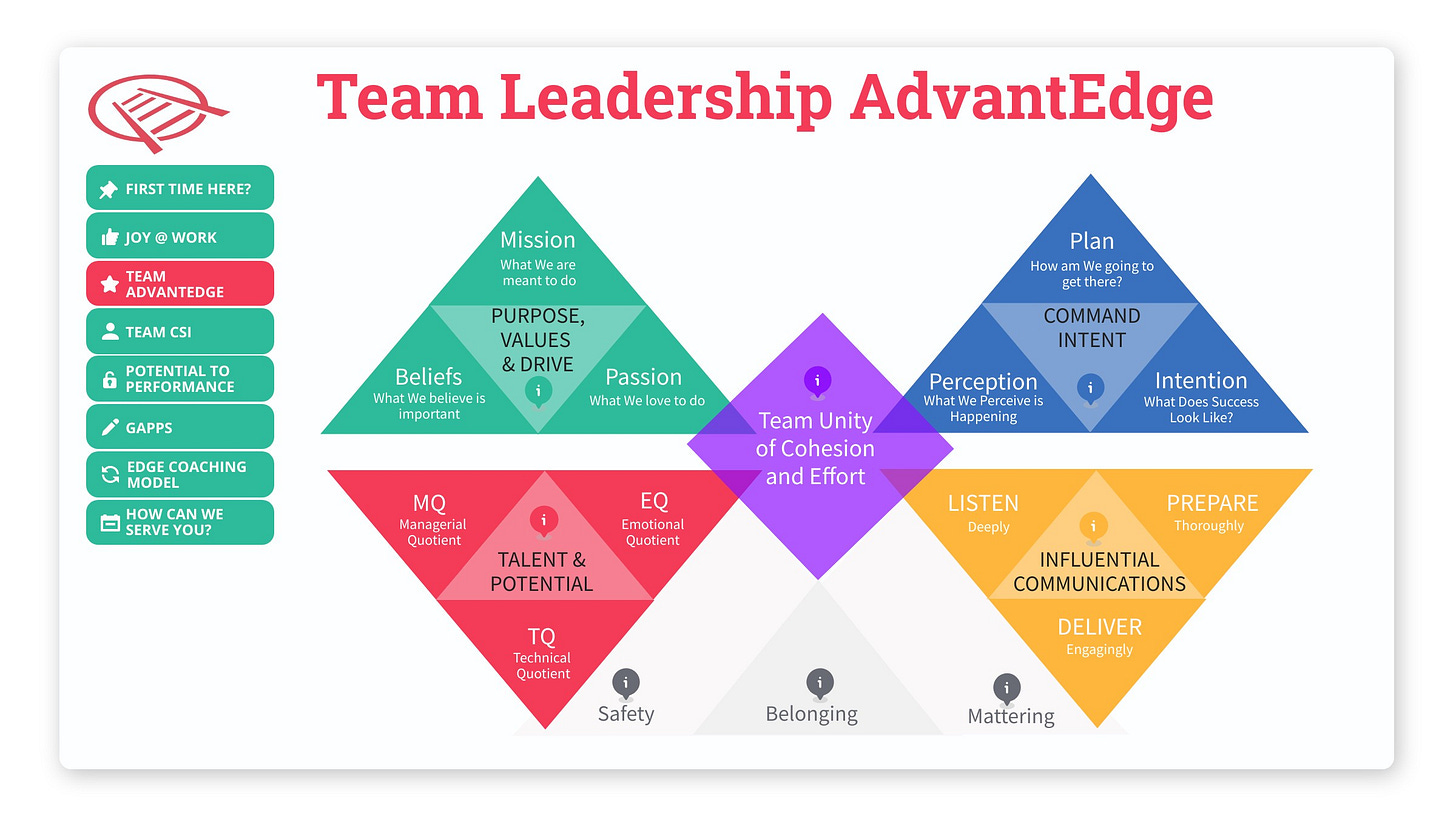
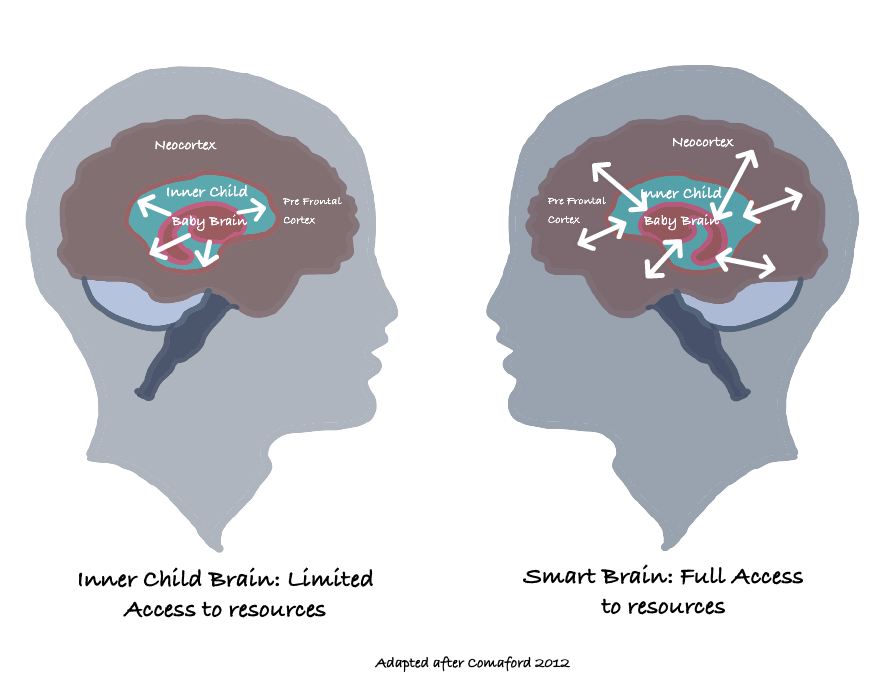

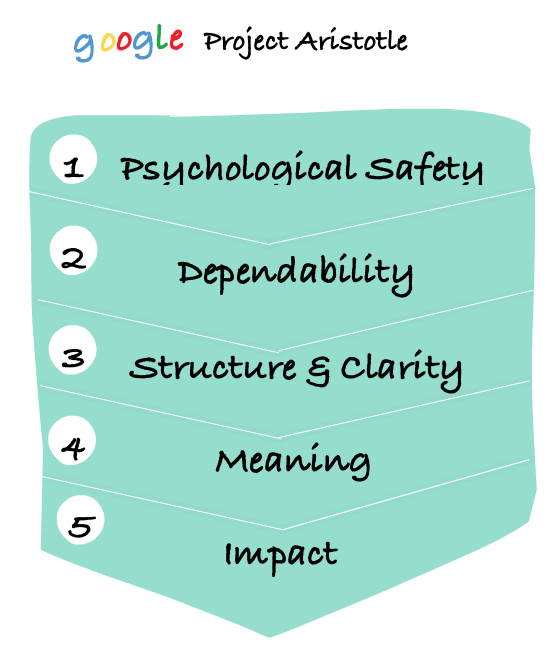






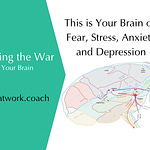
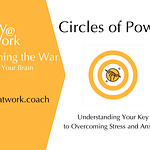
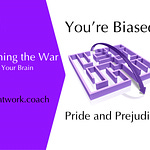

How to Undermine Engagement, Destroy Trust and Wreck Collaboration Before it Can Even Dare Take Root